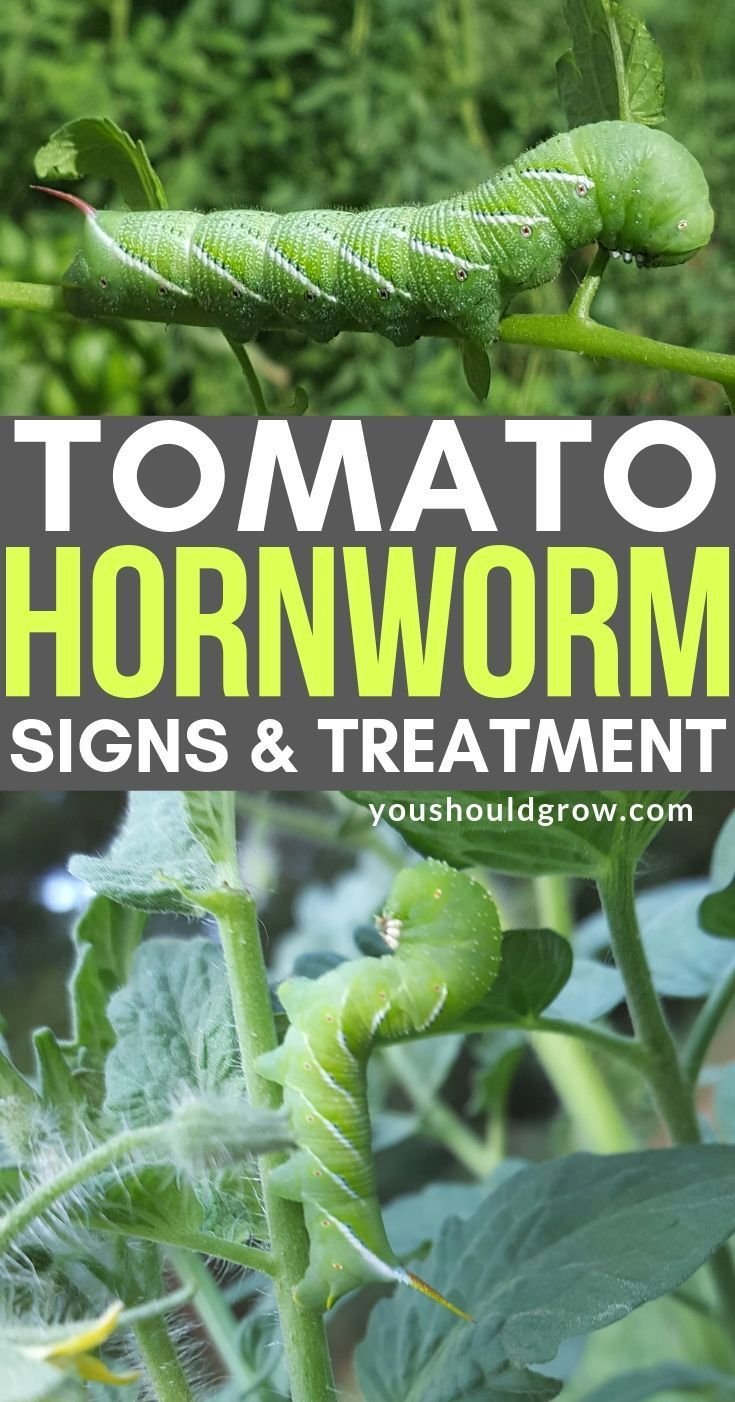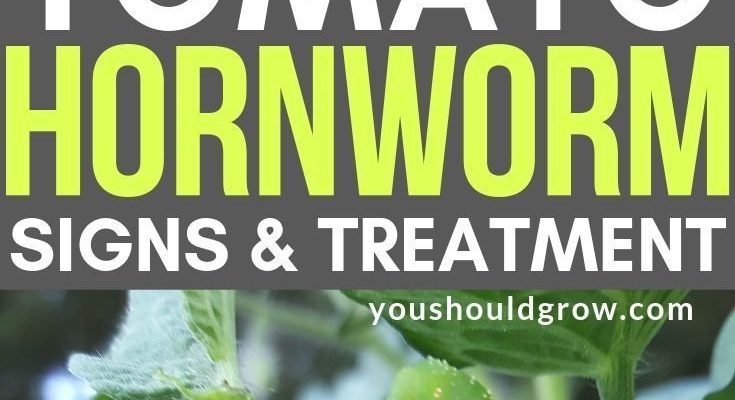
Imagine your garden as a vibrant community filled with beneficial insects, plants, and even a few mischievous hornworms. Instead of declaring war on these little guys, think of them as part of your garden’s ecosystem. By using natural methods, you can protect your crops while maintaining that balance. Let’s take a deep dive into how to remove hornworms without chemicals, using strategies that are safe, effective, and sometimes even a little fun.
Why Are Hornworms Problematic?
Hornworms, specifically the larvae of the five-spotted hawk moth, can grow quite large and are notorious for their appetite. They can consume vast amounts of foliage, especially on tomato, eggplant, and pepper plants, often overnight. If left unchecked, they can decimate your plants, leaving you with sad, bare stems. Here’s the thing: while they might look like a harmless part of nature, they can wreak havoc on your garden.
But why should you care? The loss of your plants can mean a dwindling harvest and a lot of frustration. Plus, if you’ve worked hard to cultivate your garden, seeing it stripped bare by hornworms can feel like a personal attack. Understanding these little monsters is vital in figuring out how to remove hornworms without chemicals effectively.
Identifying Hornworms: What to Look For
Before you can remove hornworms, you need to know what you’re looking for. These caterpillars can be tricky to spot since they blend in well with the foliage. They are typically bright green with a distinct horn-like projection on their rear end, hence their name. Some even have white stripes along their sides, making them look like part of the plant.
Here are some signs you might have hornworms in your garden:
- Damaged leaves: Look for large holes or wilting leaves on your plants.
- Droppings: You may find tiny green pellets under the plants, which are a sure sign they’re munching away.
- Visible caterpillars: Check the undersides of leaves for those sneaky hornworms.
Getting familiar with these signs will help you catch hornworms early before they cause too much damage.
Hand-Picking Hornworms
One of the simplest and most effective ways to remove hornworms is good old-fashioned hand-picking. It might sound a bit icky, but think of it as a small adventure in your garden. Just grab a pair of gloves, and head out during the early morning or late afternoon when the caterpillars are most active but still somewhat sluggish.
Here’s how you can do it:
1. **Look closely**: Check the bottom of leaves and stems where hornworms love to hide.
2. **Gently remove them**: Pick them off and place them into a bucket. You can either relocate them far away from your garden or toss them into a box for chickens to feast on if you have any.
3. **Repeat regularly**: Make this a part of your garden routine. The more often you check, the better your chances are of keeping them in check.
This natural approach has the added benefit of giving you a chance to observe your plants and appreciate their growth. Honestly, it’s like a mini treasure hunt!
Encourage Natural Predators
Another effective way to deal with hornworms is to invite their natural predators into your garden. Many birds, like blue jays and wasps, love to snack on hornworms. By creating a welcoming environment for these helpful friends, you can reduce your hornworm population naturally.
To encourage these predators:
- Plant diverse vegetation: Include flowers and herbs that attract birds and beneficial insects.
- Avoid using harmful pesticides: Chemicals can harm these natural helpers, so keep your garden organic.
- Install bird feeders: Provide a food source to attract birds.
Over time, you’ll notice a balance in your garden as these predators help keep hornworm numbers down, allowing you to enjoy the fruits of your labor more freely.
Use Natural Deterrents
If you prefer a proactive approach, consider using natural deterrents to keep hornworms away. There are several homemade solutions you can whip up with ingredients you probably already have at home or can find at the local store.
Here are some simple recipes to try:
- Soap spray: Mix a few drops of gentle dish soap in water and spray it on affected plants. This can irritate hornworms and encourage them to move on.
- Neem oil: Derived from the seeds of the neem tree, this oil disrupts the hornworms’ ability to feed. Mix it with water and spray it on your plants.
- Spicy pepper spray: Blend hot peppers with water and strain the mixture. Spray this concoction on your plants to deter hornworms with its unpleasant taste.
These natural deterrents can be quite effective, and they won’t leave harmful residues on your plants. Just be sure to reapply after rain or watering.
Monitor Plant Health
Keeping your plants healthy is a key strategy in preventing hornworm infestations. Strong, vibrant plants are less likely to attract these pests. Here are some tips for ensuring your plants thrive:
- Water properly: Deep, infrequent watering encourages strong root systems.
- Fertilize wisely: Use organic fertilizers to build up your soil and provide essential nutrients.
- Practice crop rotation: Changing up where you plant your crops each season can disrupt hornworms’ life cycles.
By nurturing your plants, you create an environment that’s less inviting to hornworms and more likely to thrive.
Dealing with hornworms doesn’t have to be a chemical battle. By embracing natural methods, you can protect your garden while maintaining a healthy ecosystem. From hand-picking to inviting natural predators, there are plenty of ways to keep those little green munchers at bay.
Always remember that a healthy garden is a happy garden! You might even find that the methods you use to remove hornworms bring you closer to the plants you care for. With a little patience and effort, you can enjoy a vibrant, thriving garden without relying on harsh chemicals. Happy gardening!

